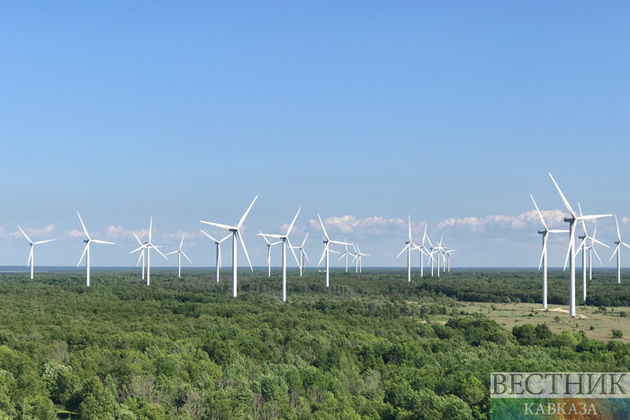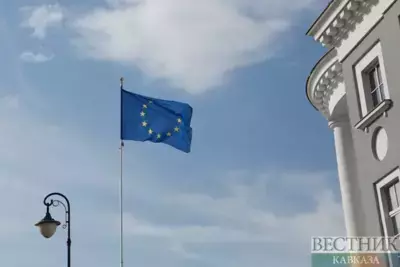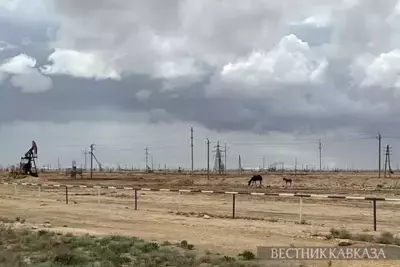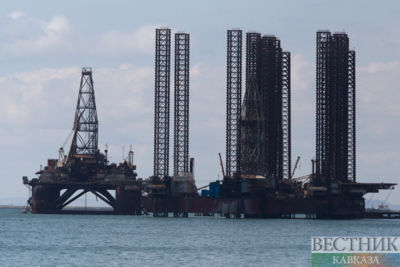The European Commission will on Wednesday unveil a 210 billion euro plan for how Europe can end its reliance on Russian fossil fuels by 2027, and use the pivot away from Moscow to quicken its shift to green energy.
To wean countries off those fuels, Brussels will propose a three-pronged plan: a switch to import more non-Russian gas, a faster rollout of renewable energy, and more effort to save energy, according to draft documents seen by Reuters.
The draft measures, which could change before they are published, include a mix of EU laws, non-binding schemes, and recommendations national governments could take up.
Taken together, Brussels expects them to require 210 billion euros in extra investments - which the EU plans to support by freeing up more money for the energy transition from its COVID-19 recovery fund, and which would ultimately reduce the billions of euros Europe spends on fossil fuel imports each year.
The plans outline a short-term dash for non-Russian gas supplies, highlighting the potential to increase imports of liquefied natural gas from countries including Egypt, Israel and Nigeria, plus infrastructure needed to pivot away from Russia.
Europe's gas demand is expected to drop by about a third by 2030 under the bloc's targets to fight climate change, and the proposals are expected to outline aims to produce 10 million tonnes of renewable hydrogen by 2030 and import another 10 million tonnes - which could be used to replace gas in industry, to avoid locking in years of emissions.
The Commission is considering proposing higher targets to expand renewable energy and energy efficiency - with a 45% share of renewable energy by 2030, replacing its current 40% proposal. A 13% cut in EU energy consumption by 2030, against expected use, is also under discussion to replace a current 9% proposal.
Other parts of the package include an upgraded law offering one-year simplified permits for some wind and solar projects, to slash the years-long permitting deadlines that hold up projects.
New EU schemes to jumpstart a large-scale rollout of solar energy would also attempt to cut gas-fuelled power and heating in homes, offices and factories, by requiring countries to install solar energy in all new public buildings from 2025, according to another draft.
















